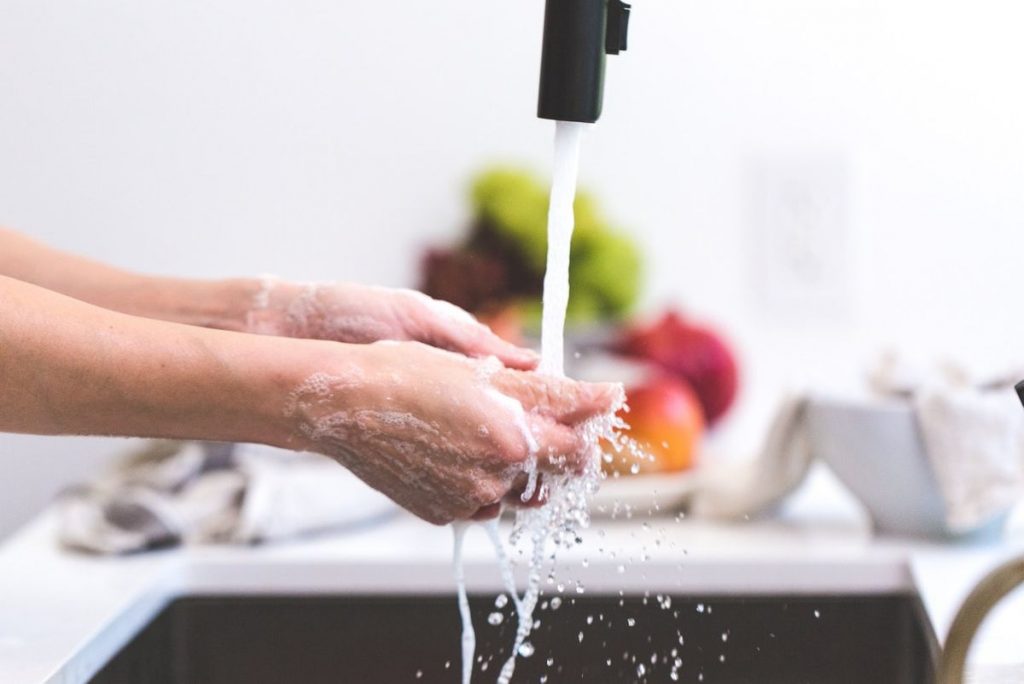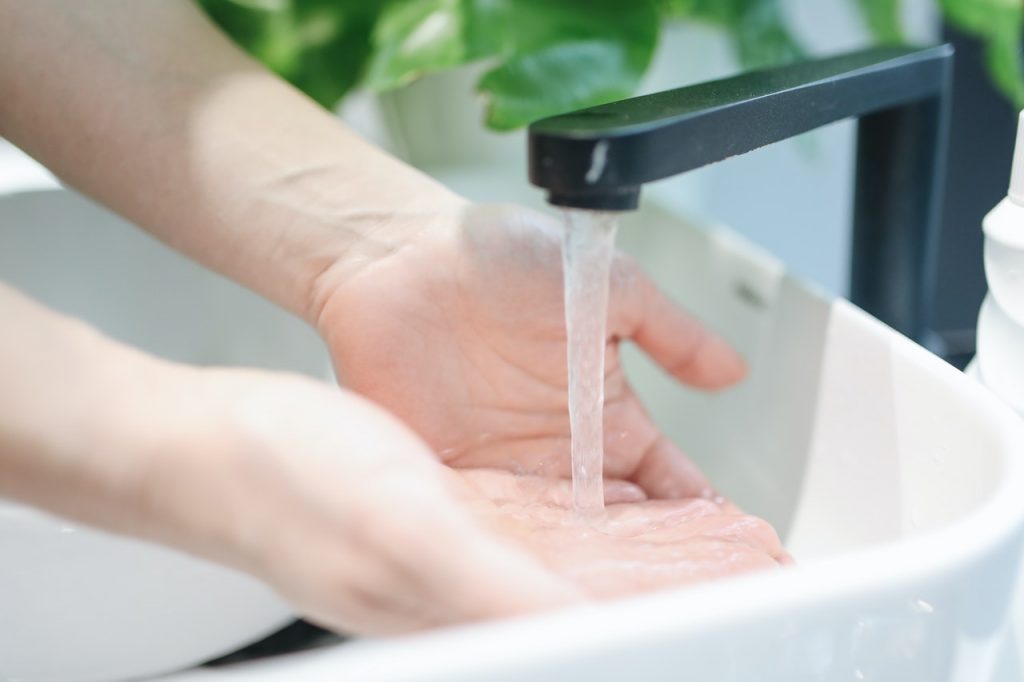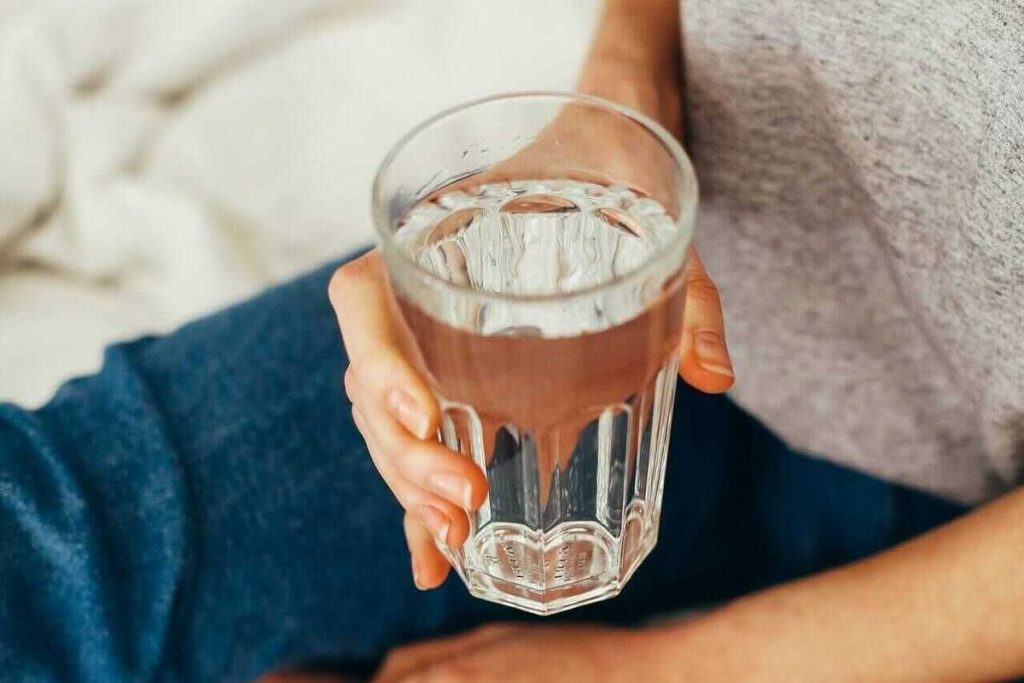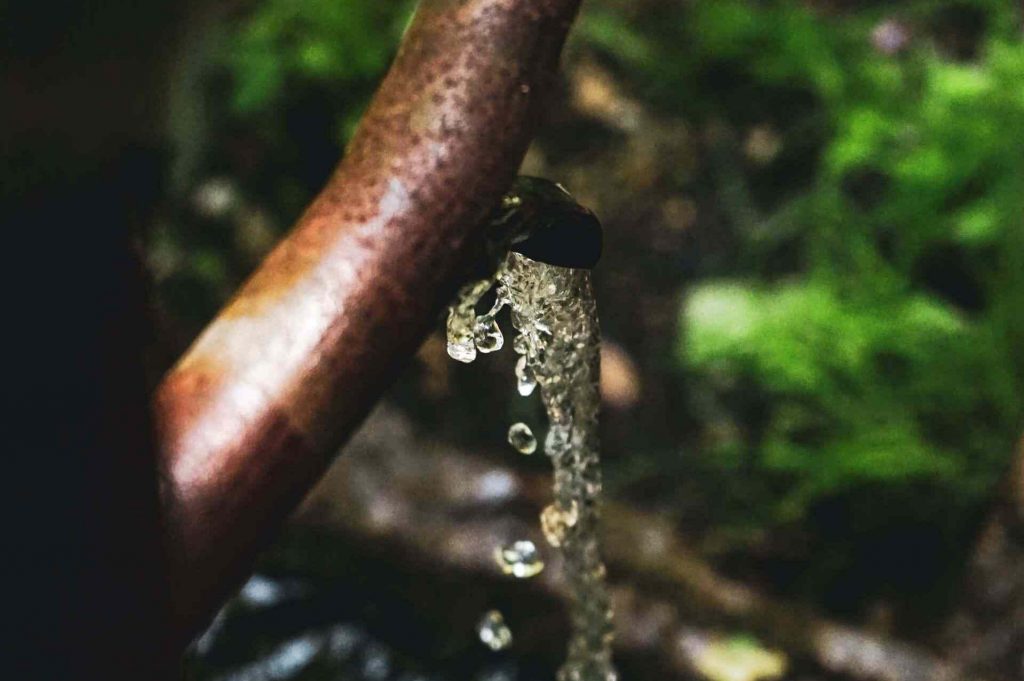If you’ve just moved into a new home, have recently installed an off-grid water well on your property or if you are just curious, you have almost certainly came across the topic of hard water. Hard water is caused by high levels of minerals like calcium and magnesium in the water, and it can cause all sorts of problems ranging from dingy looking clothes and spotty dishes to more serious issues like mineral buildup in your water lines and appliances wearing out too quickly. Knowing what signs of hard water to look for will help you take the necessary steps to protect your home and property.
If your home has hard water, don’t worry – there are ways to fix it. In this blog post, we’ll discuss nine telltale signs of hard water in your home as well as some of the best ways to treat it.
1. Your faucets have low water pressure
While low water pressure can be caused by a number of reasons, having a low flow of water in addition to some of the other problems listed here may indicate that you have a buildup of mineral deposits in your water lines.
Installing a water softener will prevent any further buildup, but the only way to completely solve the issue is to have a plumber replace your water lines if the problem is confirmed to be mineral buildup due to hard water.
2. You are constantly scrubbing soap scum from your shower
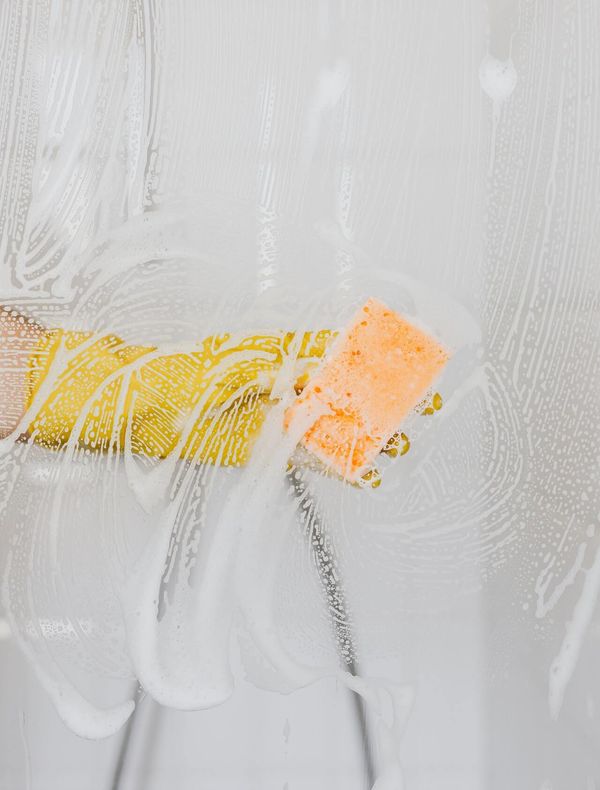
Let’s face it – nobody likes cleaning the bathroom or kitchen. Sometimes it feels like the day after you clean it, your tub already has a new ring of soap scum around it. What if I told you that hard water could be to blame?
Hard water and soap react together to form a grimy substance known as soap scum, which sticks to surfaces of your tub and sink. At best, soap scum is annoying and unsightly, and at worst, it can build up and harden or combine with mold or mildew.
It is good practice to use a daily shower cleaner to prevent buildup or switch from bar soap to a soapless detergent if you have hard water. If you want to go for a more natural remedy, read on for a list of DIY soap scum and water spot removal hacks.
3. Your shampoo and soap doesn’t lather
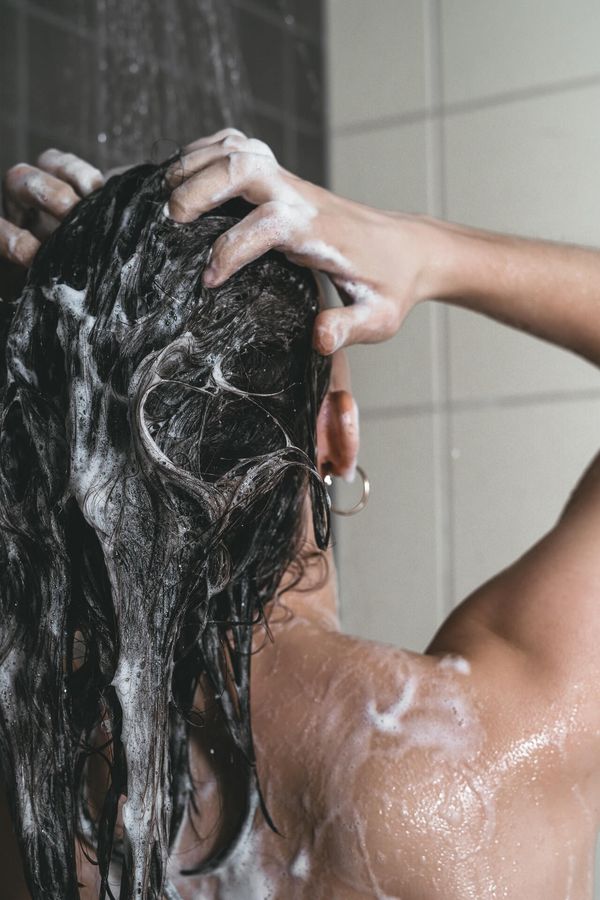
This is one of the typical signs of hard water in your home. Hard water prevents you from working up a nice soapy lather in the shower. No matter how much soap or shampoo you use, it seems to just absorb into your skin and hair and leaves you feeling like you aren’t getting clean. Well, that is partially true.
You know that nasty soap scum we just talked about that you’re always scrubbing from your tub? Yeah, that same soap scum is on your body, too, if you have hard water. Although it is not ideal, you can still wash with hard water, but you will waste a lot more soap in the process.
After installing a water softener, some people notice their skin feels slicker and even slippery after washing. This could be partly due to the fact that you aren’t truly accustomed to how your clean skin should feel. You could also be used to using too much soap.
4. Your skin and hair are always dry and dull
Washing your hands and body with hard water often leaves your skin feeling dry and irritated. The soap scum left on your body clogs pores and sucks moisture right out of your skin. If you or your children have eczema, hard water can cause a flare-up or make symptoms worse.
It’s no better for your hair, either. Your hair might feel dull and lifeless after a shower, and it may dry into a frizzy mess, making it tangled and hard to manage. In extreme cases, too much calcium buildup at the base of hair follicles can cause hair to break off and hinder new hair growth.
With a water softener installed in your home, you will find that your hair has a healthy shine and your skin feels softer and more hydrated. (Make sure to keep up that daily sunscreen and moisturizer routine, though! And drink lots of water!)
5. You notice cloudy spots on dishes and glassware
Another one of the most obvious signs of hard water is the spotting it forms on your dishes. Hard water residue on glasses looks like white spots or cloudy film. If you use a dishwasher, use a rinse aid meant for removing water spots or dry by hand with a towel.
6. Your toilet water leaves reddish stains that won’t scrub out
The last thing you want your guests to see is an ugly brown stain in the toilet bowl. Even if you keep your bathroom pristine, hard water could sabotage your vision of a sparkling clean bathroom. It takes a lot of scrubbing to keep the stains at bay, and sometimes the stain doesn’t ever go away completely. Some people suggest using vinegar and baking soda to help lift the stain off of the porcelain, but ultimately, the stains will keep reappearing until you take care of the hard water issue.
7. There is mineral buildup around your faucets
An unmistakable sign of hard water is the buildup of mineral deposits around your showerhead, faucets and drains. This is known as limescale, and it can become heavy and hard to remove over time. To help prevent buildup, dry the area with a towel after each use. You can also try a cleaner specifically meant for hard water deposits or one of these DIY hard water spot and stain removal hacks – these are helpful for soap scum and toilet stains, too!
8. Your laundry always comes out dingy
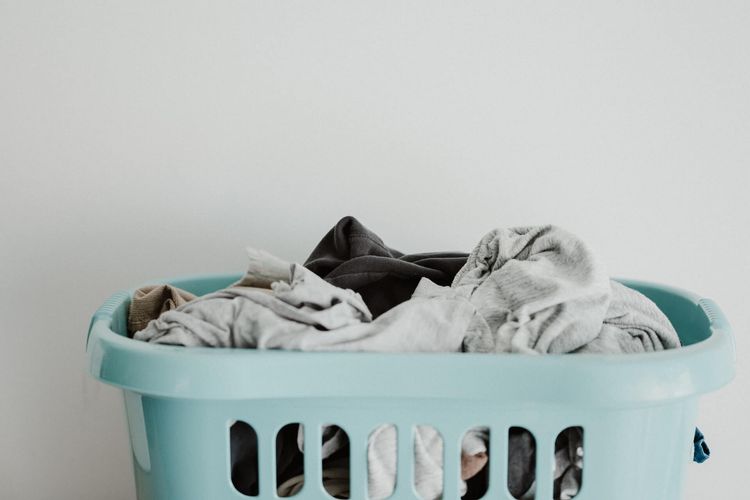
By now, we are aware of the annoying mineral buildup and soap scum that’s caused by hard water. It’s no surprise to learn that these deposits also attach to your clothes, causing your laundry to come out worn and dingy. Your towels may feel rough and scratchy instead of fluffy and absorbent.
If you’re like me and love to wrap up in a thick, luxurious towel after a hot bath or shower, you do NOT want to ruin your nice linens with hard water!
Fortunately, it is not the end of the world. You can still use your regular detergent, but you will likely be using a lot more of it and hotter water to get your clothes clean. But using more detergent leads to more residue, so it’s a vicious cycle until you get your hard water situation sorted out. Your utility bills may be higher due to the increased usage of hot water as well.
9. Your appliances are wearing out quickly
Hard water can wreak havoc on your water-using appliances, such as your dishwasher, water heater or washing machine. Mineral deposits can build up over time and start to clog valves and block water lines, leading to costly repairs and a shorter lifespan of these expensive appliances. It’s easy to see how having untreated hard water in your home can cost you money over the long run.
Final Thoughts
If you are moving into an off-grid property that uses well water, it’s important to be aware of some potential problems that hard water can cause. If you are noticing these signs of hard water in your home already, your first step should be to conduct a water hardness test to determine the level of minerals in your water. After that, it is important to get in touch with a local professional to discuss options for treating your hard water.
Want to learn more about water softeners? Check out these related posts below!

